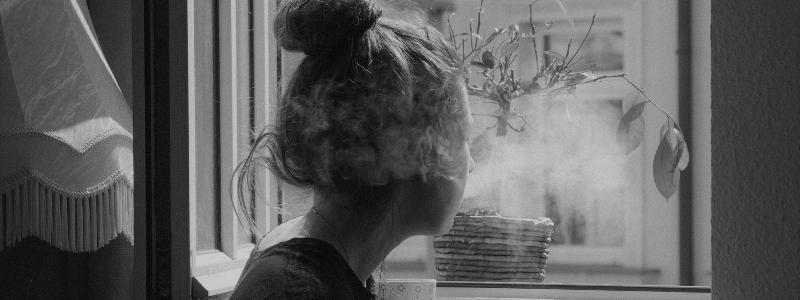Freud stated that his aim in psychoanalysis was to help patients transform ‘hysterical misery into common unhappiness’. Similarly in Buddhism, the concept ‘Dukkha’ is commonly translated to suffering, unhappiness, pain or stress and refers to the habitual experience of mundane life.
Why Do We Get Addicted to Things?
Addiction has been around for thousands of years and always reveals a certain pattern in which we are motivated by our brain’s reward system. This system organises our behaviours, provides tools to take the desired action and then rewards us with pleasure, aka dopamine.
Dopamine is a chemical that is released in the brain that makes you feel good. When we do things that we enjoy, dopamine is released. When we experience big surges of dopamine, like when taking drugs, the craving for that same surge is what causes addiction.
Addictions are now enabled more than ever before by the use of mobile phones and the internet. Gambling, shopping, and pornography are facilitated by the device in your pocket. Addictions can also be hidden in seemingly healthy habits such as healthy eating, work and exercising. However, being addicted to anything, no matter how ‘healthy’ can cause strain on your mental well-being.
How We Treat Addiction
There are two main approaches to therapy when it comes to treating addictions and their underlying causes. One includes a good advice model and the other includes a more exploratory approach.
CBT
The first approach involves CBT and specialist interventions which may lead to the source of the addictions. Advice may include keeping diaries or replacing destructive habits with healthier ones. This approach is more advice-led and may help a client get their addiction under control, but it may not dig down to find the root of the issue and one addiction may actually be replaced by another.
This is where analytical or exploratory therapy comes in.
Analytic Therapy
Analytic therapy recognises that people are more than their problems. It helps the patient to find their own ways of helping themselves by setting manageable goals that bring about change. It is a form of talk therapy that allows patients to understand their difficulties and develop new methods to keep the issue at bay.
Analytic therapy encourages patients to dig deep to find the route of the problem which is often found when discussing relationships with family members, early experiences of loss, ways they deal with negative feelings and common thoughts throughout the day.
When the history has been delved into, the therapist and client can agree on behaviours and things that must change in their life for their plan to control addiction to become easier. Some need to control their reactions to triggers, and others may simply need to understand their triggers.
Lance Dodes (2019) an analyst specializing in addictions highlights three pertinent areas of exploration for analytic therapy for addictions:
- Feelings of helplessness or powerlessness are produced by specific situations whose meanings interact with prior traumas. In this area, the addictive act, or the decision to undertake an addictive act can help the client take back control. Through exploration of the issues leading to addiction, we can discover feelings that lead to the urges.
- Feelings of powerlessness are often related to past traumas which have led to these internal feelings and corresponding feelings of anger towards those feelings.
- These feelings are then displaced into addictions. However, through therapy, the feelings that were once unbearable and overwhelming can, over time, being to be understood.
Brighton and Hove Psychotherapy is a collective of experienced psychotherapists, psychologists and counsellors working with a range of client groups, including fellow therapists and health professionals. If you would like more information, or an informal discussion please get in touch. Online therapy is available.

Leave a Reply